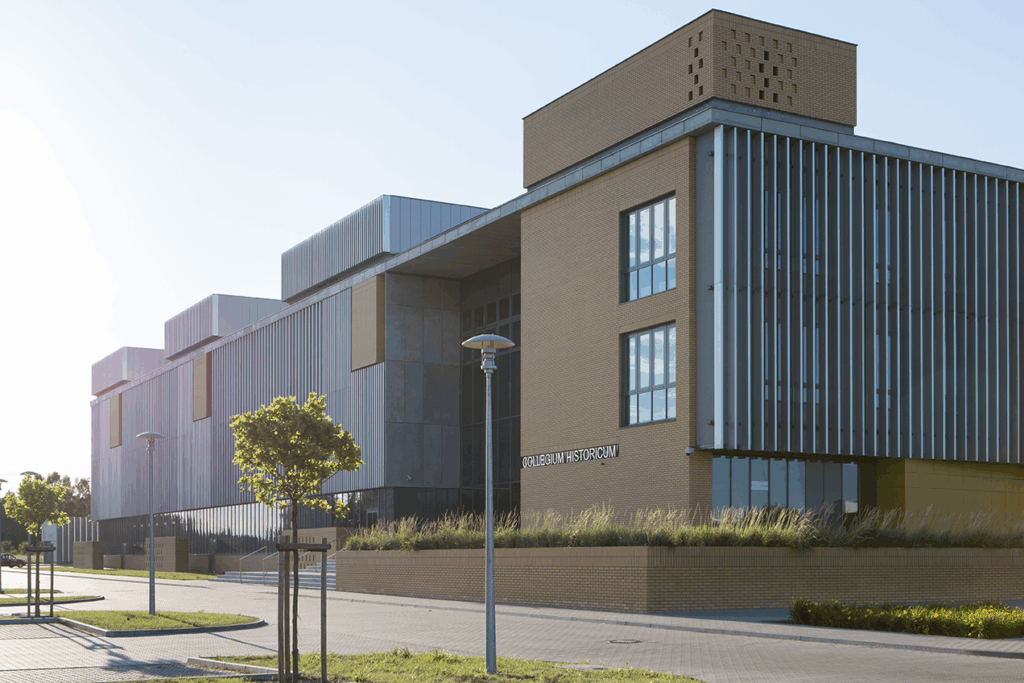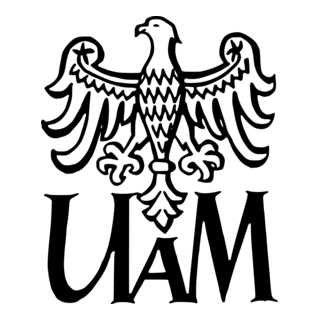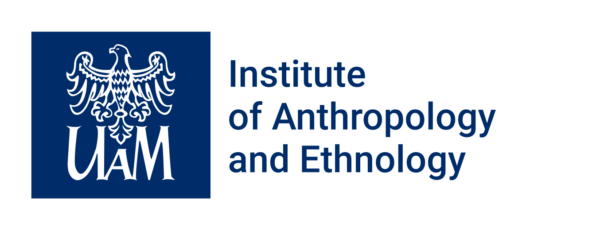
Adam Mickiewicz University, Poznań, Poland
21-24 July 2026
Important info
Conference format
Calls open!
EASA2026 is a fully hybrid conference: all plenaries, lectures, panels, roundtables, network meetings, and even some of the events/workshops will not only take place face-to-face but also be streamed on Zoom. Delegates will be able to choose between online participation and face-to-face participation when they register for the conference.
The following calls are now open, please click on the relevant pages for details and rules:
Call for papers – ends on 26 January 2026
Call for labs – ends on 26 January 2026
EASA2026 News
The call for films for our upcoming EASA2026 conference in Poznań received 98 film proposals. Thank you to all members who submitted their proposals! They…
The Call for Papers is now open and closes at 23:59 CET on 26 January 2026.
Lab convenors are invited to devise sessions in experimental formats drawn upon the conference theme.

Adam Mickiewicz University
Adam Mickiewicz University is one of the largest and top academic institutions in Poland. The Institute of Anthropology and Ethnology in Poznań was established in 1919 alongside the founding of the University. It is thus the oldest and one of the largest anthropological departments in the country, with twenty-five full-time faculty members. Read moreStudents and doctoral candidates are trained both in Polish and English, the latter within the CREOLE/Cultural Differences and Transnational Processes two-year MA programme in Anthropology. The Institute has received a national certificate of excellence in education in the field of Ethnology and Cultural Anthropology.
Chaired by Prof. Michał Buchowski, the Institute ranks among the top anthropological centers in Central Europe. The faculty members actively participate in well-known international and national organisations. Besides conducting extensive research throughout Poland and Europe, the Institute has substantial experience in non-European studies. Its researchers, postgraduate, and graduate students have conducted ethnographic fieldwork in Asia, Africa, the Americas, the Caribbean, Australia, and Oceania.
The faculty members are particularly involved in the projects implemented by two important university research centres: the Centre for Migration Studies and the Centre for Energy and Environmental Challenges.
Scientific Commitee
Hayal Akarsu
Utrecht University
chair
Ana Ivasiuc
University College Dublin
Alexandra Oancă
KU Leuven
Fabiola Mancinelli
Universitat de Barcelona
Panas Karampampas
Durham University
Małgorzata Kowalska
Adam Mickiewicz University
Tomasz Rakowski
University of Warsaw
Marek Pawlak
Jagiellonian University
Ruxandra Ana
University of Lodz & University of St Andrews
Agnieszka Pasieka
University of Montreal
Ursula Probst
Freie Universität Berlin
Judith Albrecht
Humboldt University
Magdalena Góralska
University of Warsaw
Jia Hui Lee
University of Bayreuth
Local Committee
Michał Buchowski
co-convenor
Natalia Bloch
co-convenor
Łukasz Kaczmarek
co-convenor
Aleksandra Krzyżaniak
secretary
Hannah Wadle
Małgorzata Kowalska
Karolina Dziubata
Mikołaj Smykowski
Aleksandra Dzik
Zuzanna Nalepa
Justyna Szczepanowska








